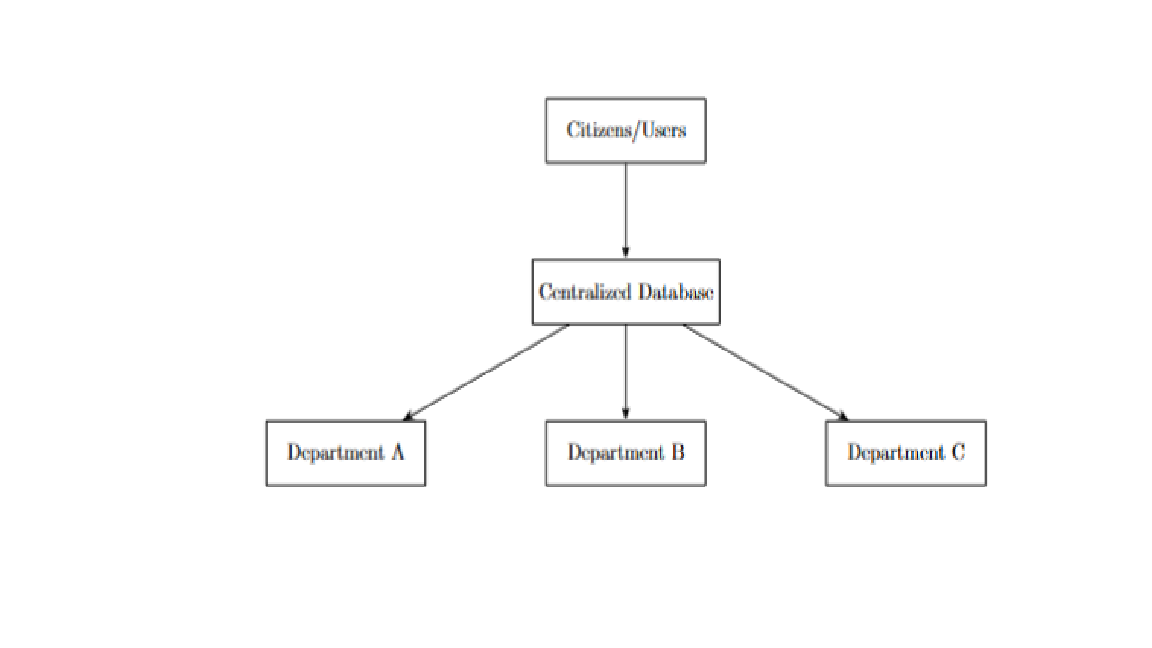Blockchain-Enabled Transformation in Public Administrative Services: A Comparative Analysis of Current Applications and Future Potential
Main Article Content
Abstract
Blockchain technology is transforming public administrative services through its inherent characteristics of decentralization, immutability, transparency, and enhanced security. This paper examines the global and national implementation of Blockchain in public sector governance, focusing on the comparative study of real-world use cases and current survey insights. Countries like Estonia, Dubai, and South Korea have pioneered Blockchain applications in administrative domains such as digital identity management, smart contracts, and transparent service delivery. Despite these advancements, integration challenges remain due to legal conflicts, digital illiteracy, and bureaucratic resistance. This study synthesizes findings from a detailed literature review and survey-based analysis to explore Blockchain’s potential to increase operational efficiency, reduce corruption, and enhance citizen trust in governance systems. It also investigates concerns over privacy, scalability, and governance models that need to be addressed for widespread adoption. Ultimately, this paper provides a roadmap for the scalable and sustainable deployment of Blockchain technology in public administration, aligning innovation with accountability and inclusivity.
Downloads
Article Details

This work is licensed under a Creative Commons Attribution-NoDerivatives 4.0 International License.
